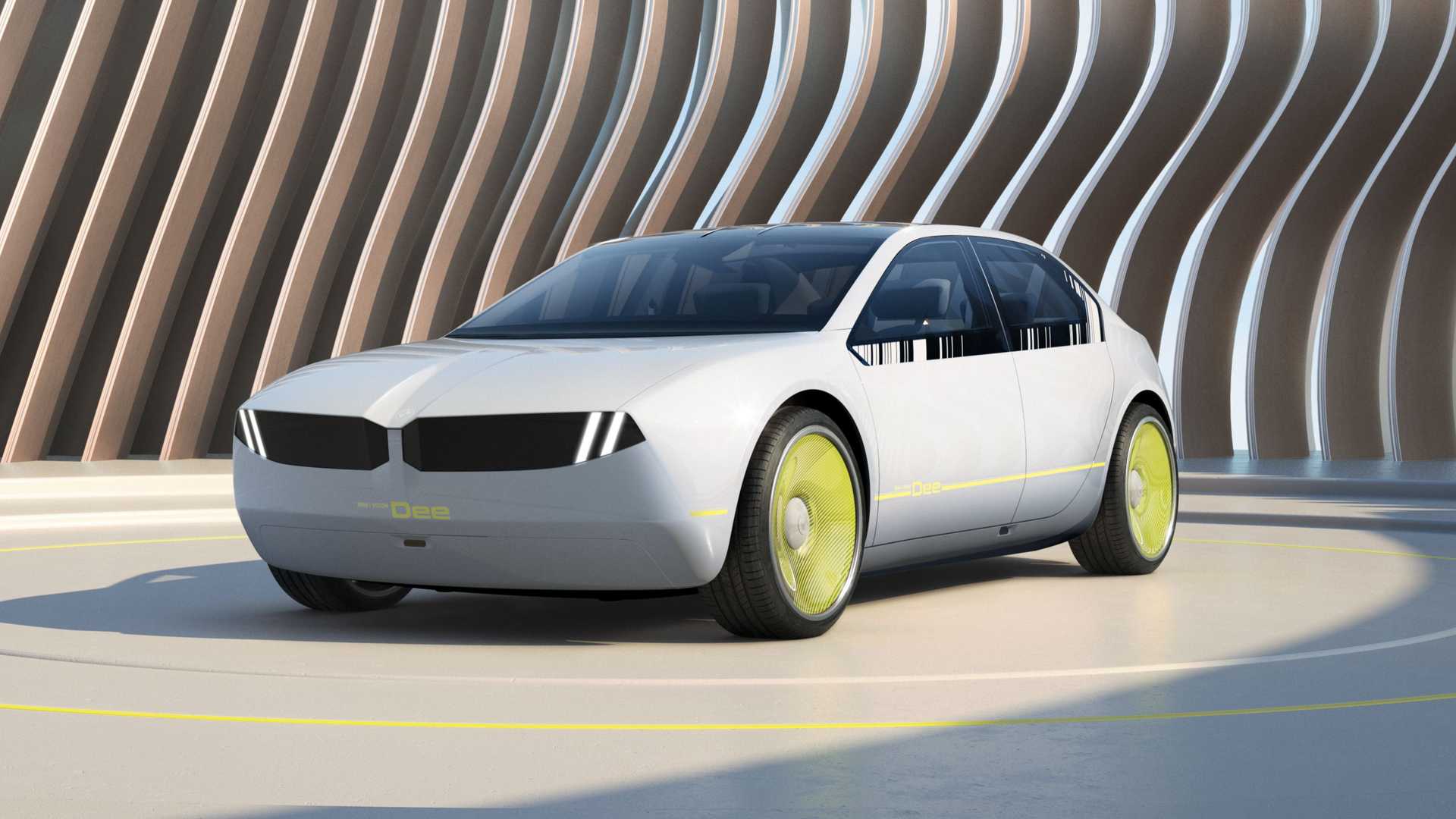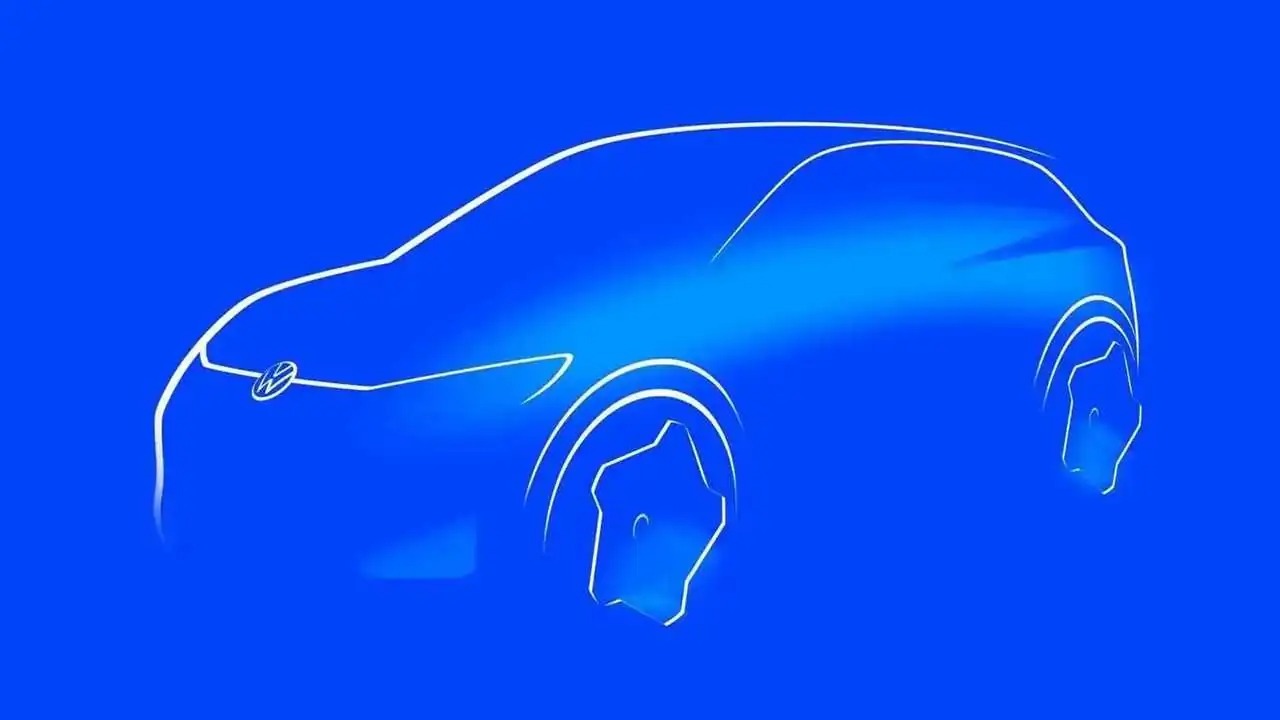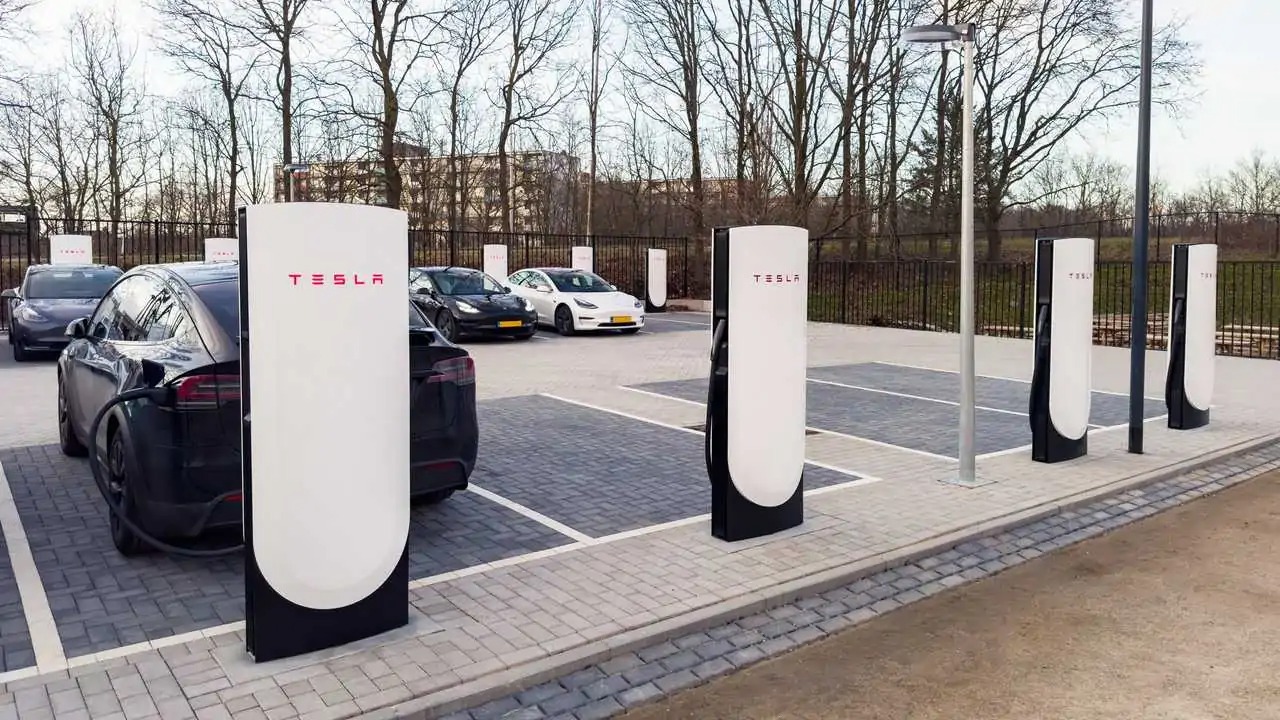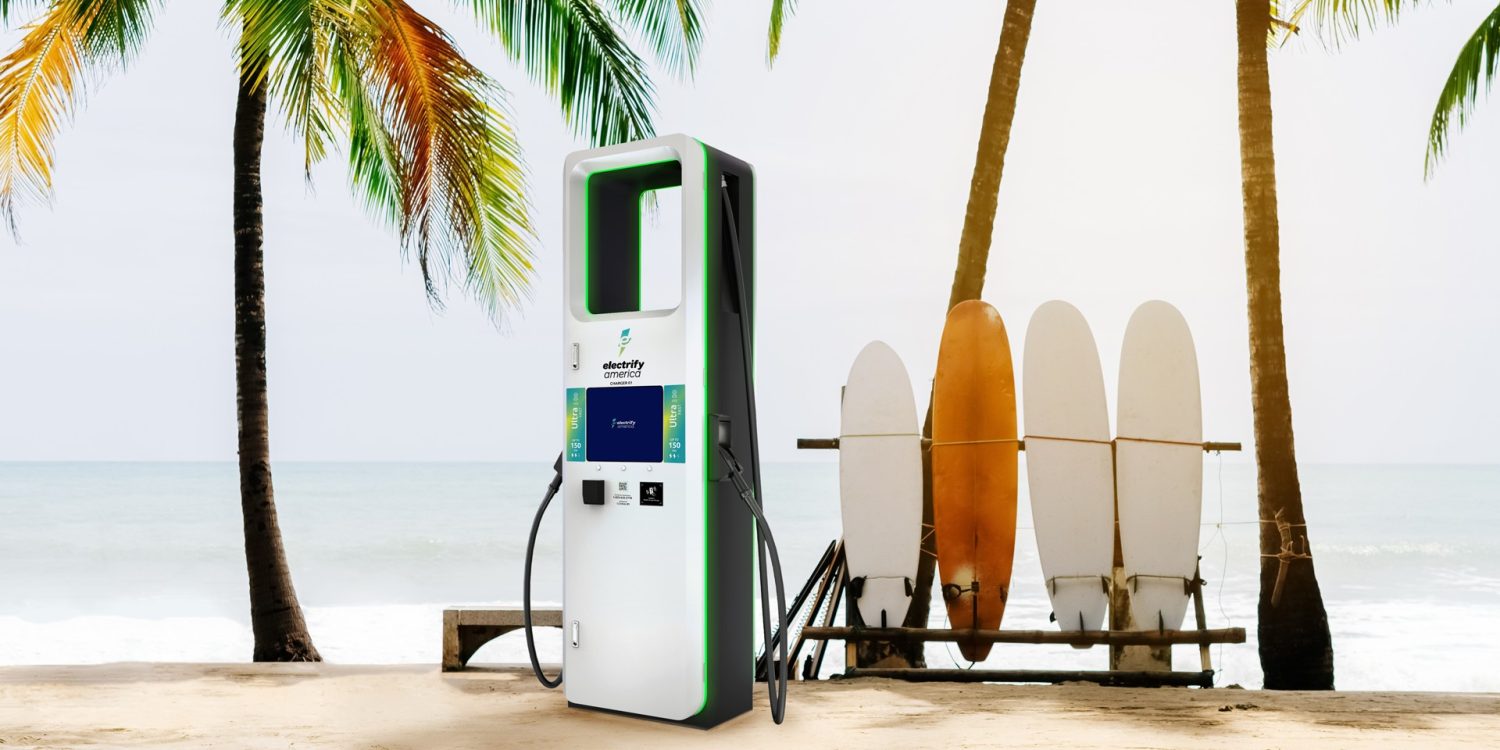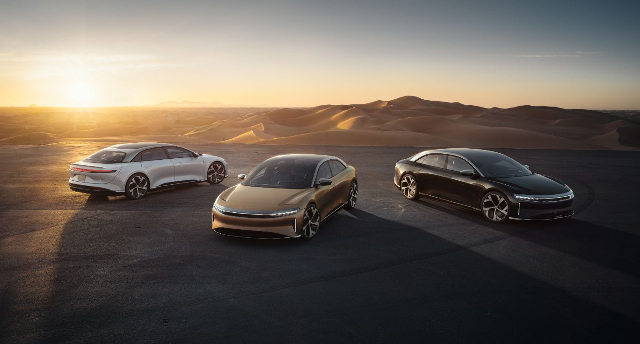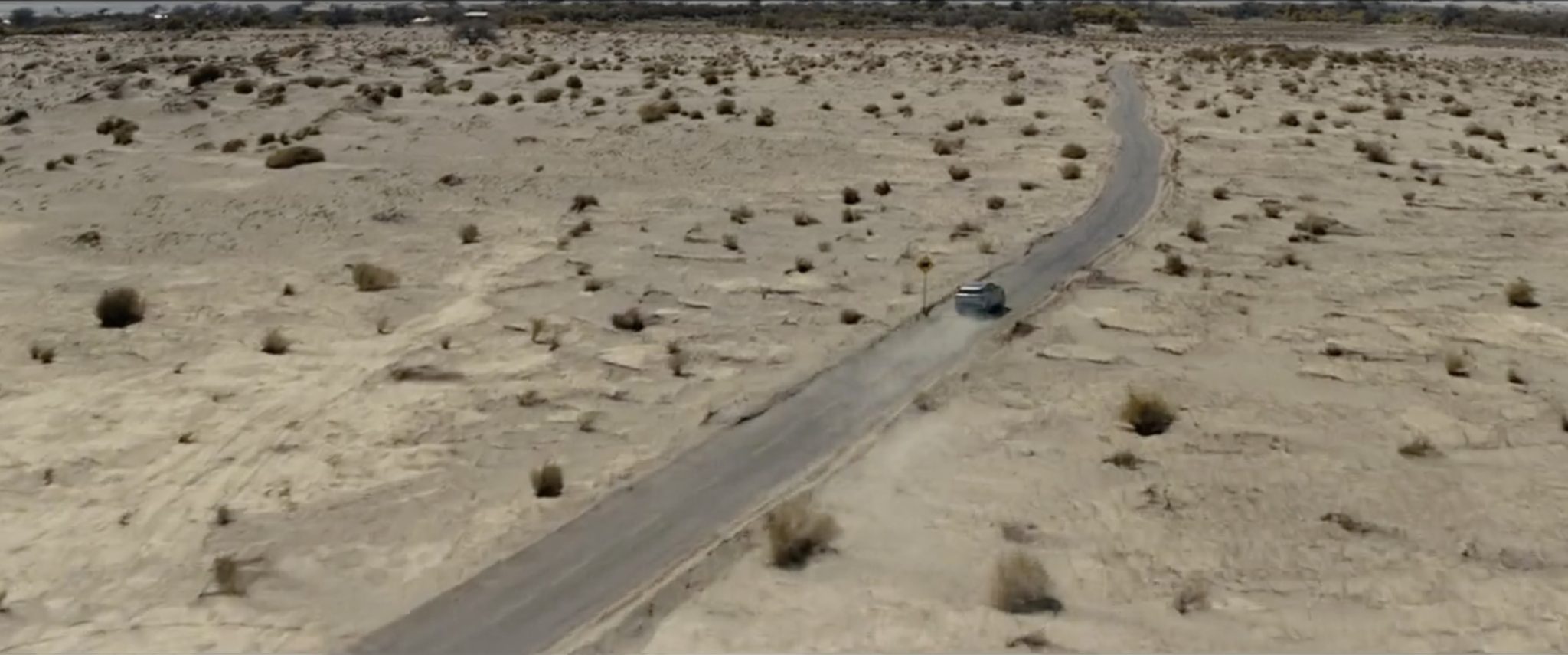German luxury car manufacturer BMW is set to launch at least six new electric cars in the “New Class” range within the next 24 months, with additional plants being converted to support production of the new vehicles. The company has described the new vehicle architecture as “BEV-only,” indicating a complete shift to electric powertrains.
The new plant in Debrecen, Hungary will begin producing electric cars from the second half of 2023, while production of the New Class will also begin at BMW’s main plant in Munich from 2026 and at the Mexican plant in San Luis Potosi from 2027. The company plans to announce further production locations in the near future.
See also: BMW likely to build a ‘New Class’ platform model using electric drive by 2025.
The New Class will debut with a “Sports Activity Vehicle” and a sedan in the current 3 Series segment, with at least four more models set to follow in the first 24 months of production. However, BMW has not released further details about the New Class, with more information expected to be unveiled in September.
What is known is that the New Class will be built on an 800-volt platform with 46X0 round cells and current-excited synchronous motors. BMW has promised a completely new electrical system with a “fundamentally new” UX/UI concept, as well as an all-new drive and battery generation that is significantly more efficient. Further details on the New Class will be revealed at the IAA Mobility 2023 in Munich.
In addition to the New Class, BMW will also be introducing other electric vehicles this year, though they will not be based on the purely electric New Class. The i5, an electric sedan, will come to the upper mid-size class, followed by an electric estate in spring 2024. The new 5 Series will also be offered as an “all-electric BMW M Performance automobile,” representing a significant milestone for the automaker.
See also: BMW plans to invest $1.7 billion on two facilities in US to produce electric vehicles
BMW CEO Oliver Zipse has stated that the company expects electric vehicles to account for 15% of its total sales this year. By January 2023, BMW had already achieved a BEV share of 15%, according to Zipse. While BMW is focused on electric vehicles, the company has not ruled out the possibility of hydrogen fuel cells, calling it “an additional drive option” that could potentially be offered in the second half of the decade.
With the New Class, BMW is set to take a significant step forward in its efforts to produce more sustainable vehicles. The automaker’s commitment to electric powertrains and continued innovation in the sector is sure to cement its position as a leader in the automotive industry.

